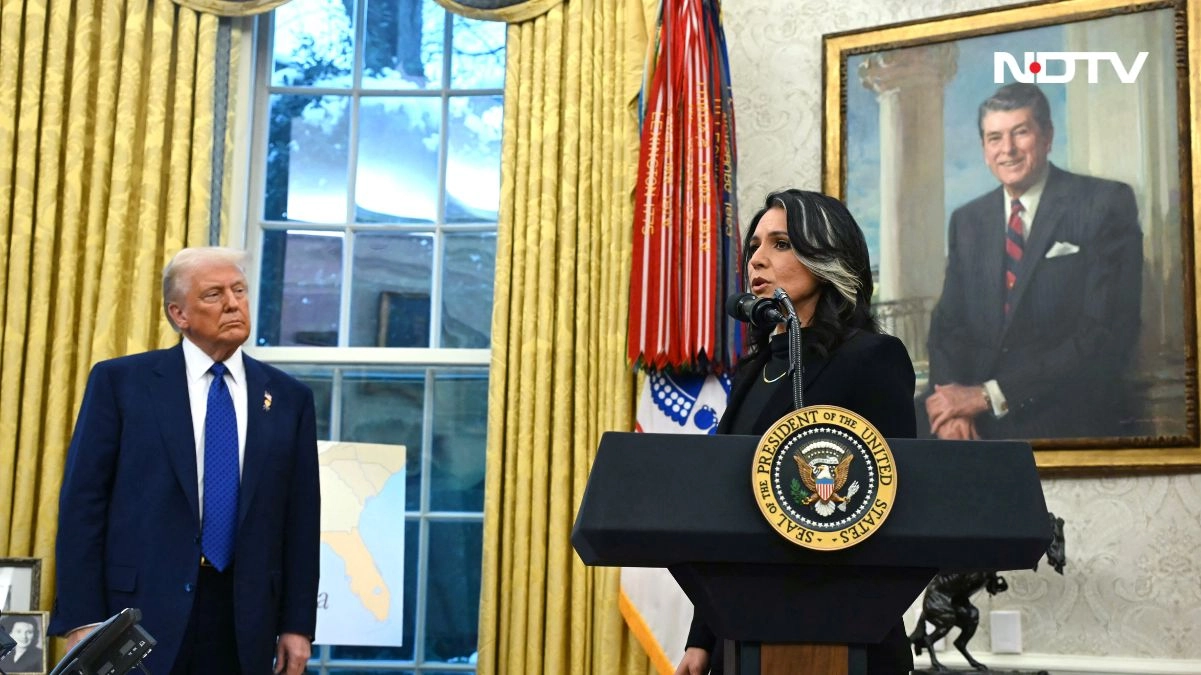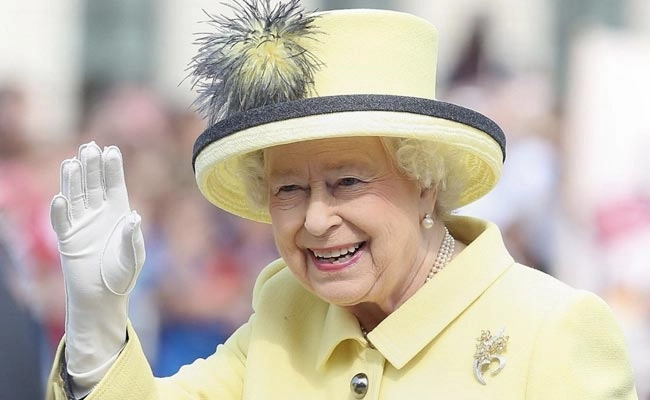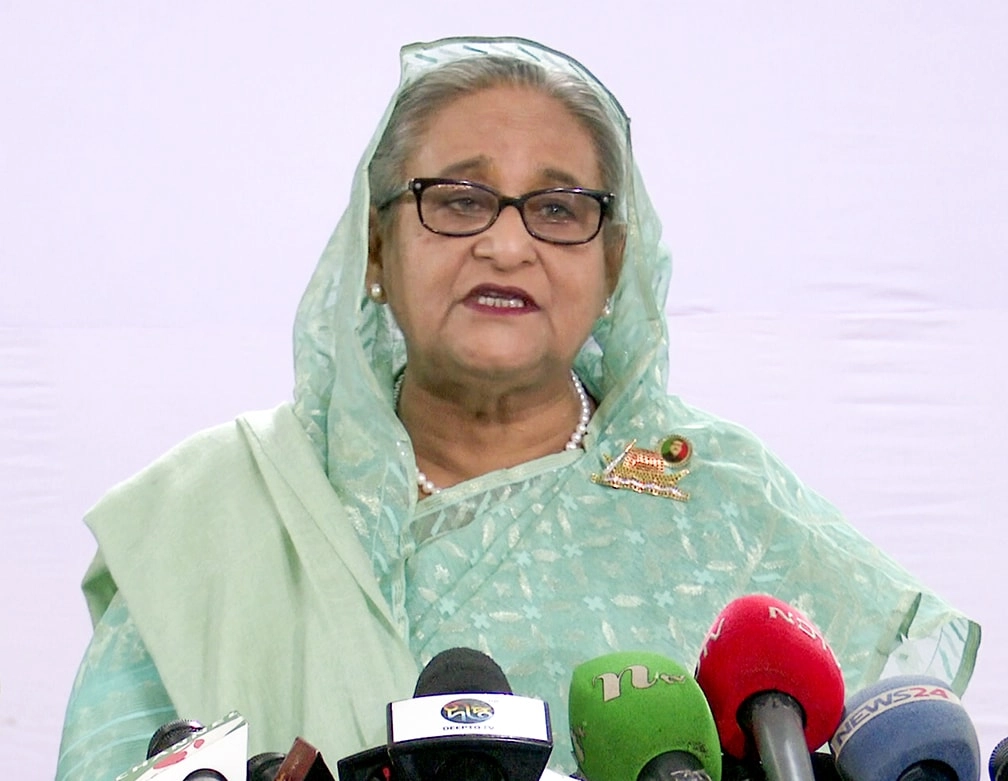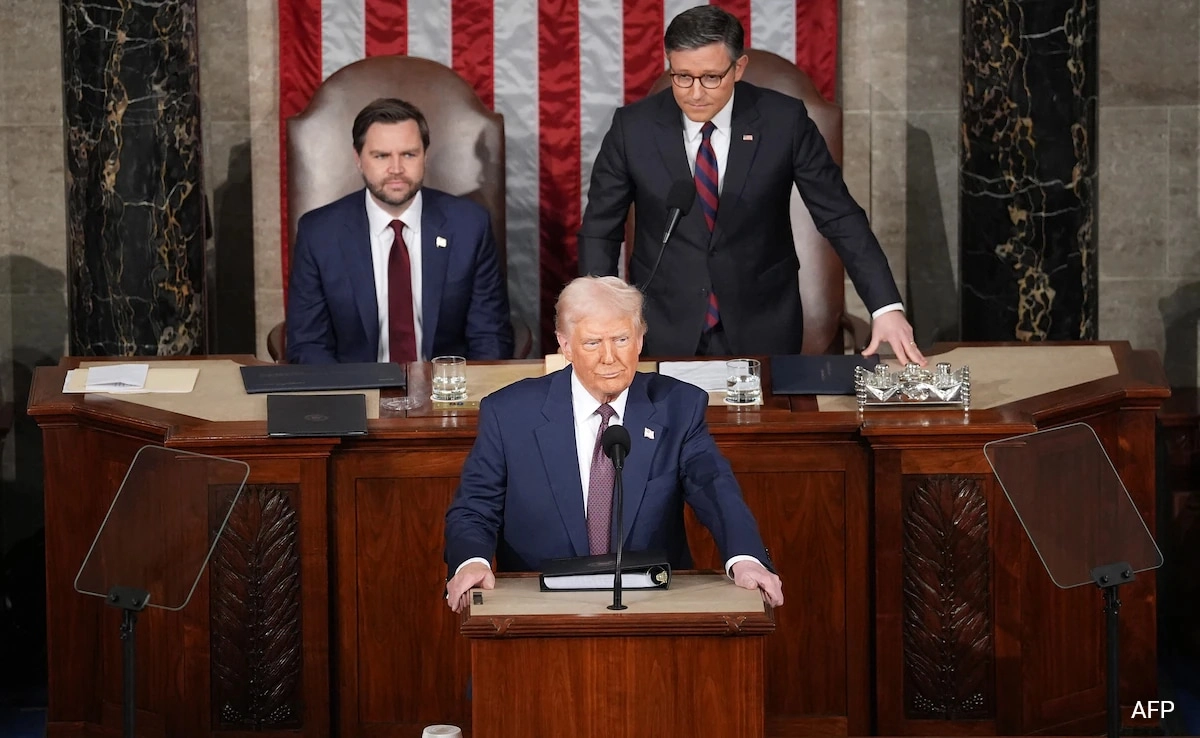In a recent statement, former President Donald Trump expressed his admiration for Tulsi Gabbard, the former congresswoman and 2020 presidential candidate, in light of her recent revelations regarding alleged rigging in the 2016 election. Trump referred to Gabbard as the “hottest in the room” following her vocal criticism of the Democratic National Committee (DNC) and the manner in which they handled the primaries during that election cycle. Gabbard’s comments have reignited discussions about the integrity of the electoral process and the influence of party establishments on candidate selection.
Gabbard’s assertions highlight concerns that many voters have regarding the transparency and fairness of elections. She has been an outspoken advocate for reforming the electoral process, emphasizing the need for accountability within political parties. Trump’s endorsement of Gabbard underscores a growing alliance between him and figures who challenge the traditional political narrative. Their shared skepticism about the electoral system resonates with a significant portion of the American public who feel disillusioned by the status quo.
The implications of Gabbard’s statements and Trump’s support could have far-reaching consequences for both major political parties. As they draw attention to perceived injustices within the electoral framework, they may galvanize grassroots movements advocating for more democratic processes. This could potentially lead to a shift in voter behavior and greater scrutiny of party practices in future elections. As the political landscape continues to evolve, the intersection of Gabbard’s critiques and Trump’s backing may serve as a catalyst for reform and a reevaluation of the electoral system in the United States.
In this context, Gabbard emerges as a significant figure in contemporary politics, bridging the divide between traditional Democratic values and a more populist approach championed by Trump supporters. Her willingness to challenge the established norms has earned her respect from various factions, creating a unique position that may influence the dynamics of upcoming elections. As the nation approaches another electoral cycle, the conversations sparked by Gabbard’s insights and Trump’s endorsement will likely shape the narrative surrounding electoral integrity and the future of American democracy.




